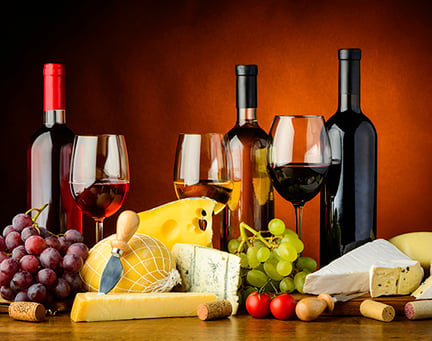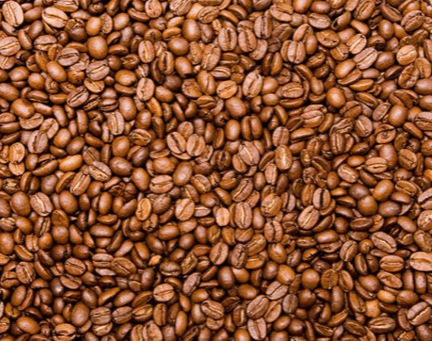
Establish, implement and maintain PRPs to assist food safety hazards.
ISO 22002-1 defines requirements for prerequisite programs (PRPs) to assist in controlling food safety standards, addressing ISO 22000:2005.
ISO/TS 22002-1 CERTIFICATION
Overview
The ISO/TS 22002-1 specification replaced the originally issued PAS 220 and defines specify requirements for prerequisite programs (PRPs) to assist in controlling food safety standards within the manufacturing processes of the food supply chain, thereby addressing the requirements specified in ISO 22000:2005, Clause 7.
What are the benefits?
As such, it is intended to be used in conjunction with ISO 22000, and therefore all organizations seeking GFSI recognized certification to FSSC 22000 will have their FSSC 22000 assessments conducted against ISO/TS 22002-1 in addition to ISO 22000. Leading up to this certification, however LRQA is able to provide a gap analysis assessment against the requirements of ISO/TS 22002-1.
Need help with this standard?
ISO/TS 22002-1 specifies requirements for establishing, implementing and maintaining PRPs to assist in controlling food safety hazards in the food manufacturing processes of the food supply chain. Applicable to all organizations involved in the food manufacturing processes of the supply chain, this specification is not designed, or intended for use, in other parts of the food supply chain.
The development was sponsored by the Confederation of the Food and Drink Industries of the European Union (CIAA), now known as FoodDrinkEurope, the largest trade body representing the interests of the food and drink industry.
Contact us to learn more about ISO/TS 22002-1 certification.
Why choose LRQA?
LRQA technical specialists were members of the development steering group which also included major food manufacturers, Danone, Kraft, Nestle and Unilever and representatives from the Food and Drink Federation (FDF), McDonald’s, General Mills Europe (representing the FDF Food Hygiene Committee), and French National Association of Food Industries (representing CIAA).









